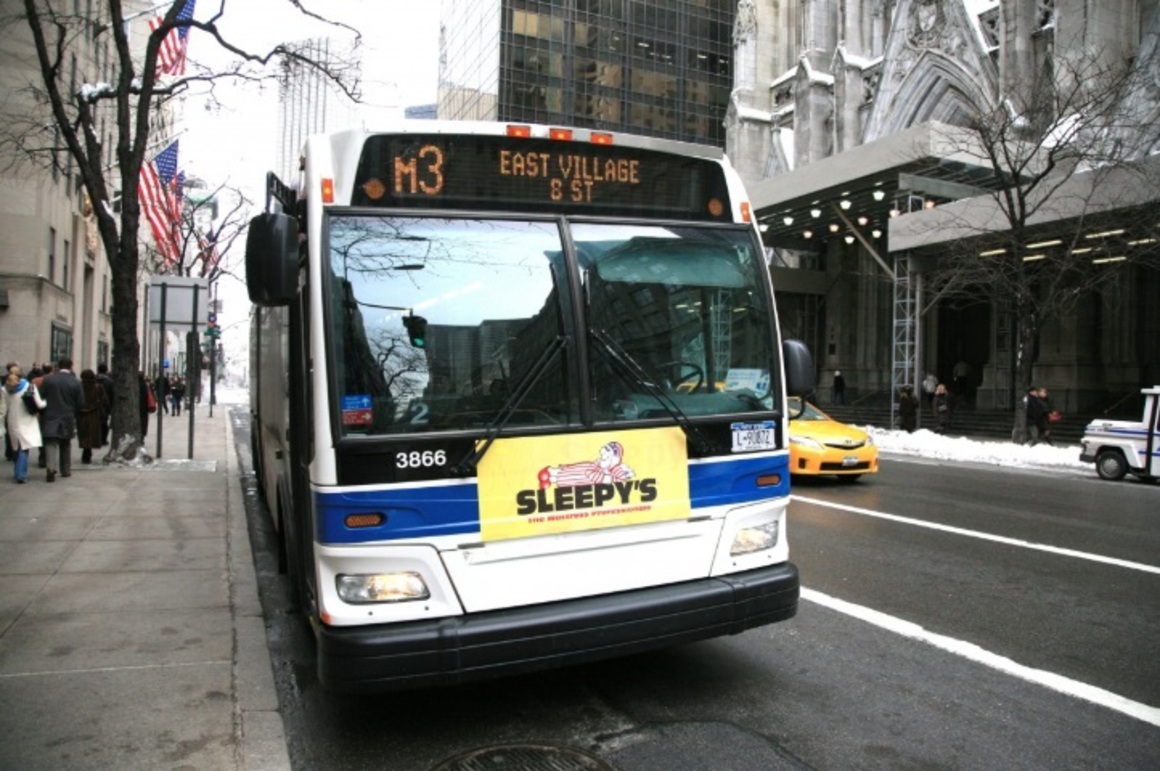What to Know About Duty of Care in Commercial Bus Accidents
Regardless of the type of commercial vehicle that is involved, these accidents can cause devastating injuries, and in some instances, they can even cause fatalities.
The sheer size, length, and weight of commercial buses make them many times more dangerous than passenger vehicles, and the impact of a bus hitting a smaller vehicle is often catastrophic.
In many of these commercial bus accidents, investigators determine fault based on the duty of care that the bus driver provided to passengers before and during the crash.
A ‘duty of care’ is a legal term that is one of the keys to understanding and placing liability. Let’s analyze what this term means, and also dive into the common carrier rules that govern how drivers of commercial buses are supposed to operate their vehicles.
What Is a Duty of Care?
In many personal injury cases, liability is determined by what is known as the ‘duty of care’ that a defendant was required to show before the accident or event that occurred.
A duty of care is defined as the requirement that an individual must act toward others and the public with the reasonable care that any other person in the same position would use to prevent harm, injury, or loss.
Any violation of that duty of care would be a major element in proving negligence against a defendant, which is why this is such an important aspect of personal injury civil suits.
Every individual has a duty of care that applies in most normal situations, but the law is even stricter when it comes to certain professions that require a heightened duty of care.
What Is a Common Carrier?
That heightened duty of care applies to train drivers, airplane pilots, taxi drivers, and commercial bus drivers, who are all employed by what the law refers to as a common carrier.
Common carriers are defined as any business that transports passengers or goods from one location to another and charges a fee for that service. (1)
The reason the law places a higher standard on common carriers is that their sole responsibility is to ensure that goods and passengers arrive safely at a destination.
If a carrier fails to do that, claimants can hold them liable for any injuries, harm, loss, or death that occurs as a result of that failure.
In the case of a commercial bus accident, claimants can hold a carrier responsible for any actions that a driver took that didn’t adhere to the duty of care.
Proving Bus Accident Liability
It’s important to remember that proving bus accident liability isn’t as simple as showing that a driver or bus company violated the standard duty of care.
To prove that a commercial bus driver or bus carrier was negligent, claimants must be able to prove that four elements existed at the time of the accident:
- Defendant had a duty of care to passengers
- Defendant violated that duty in some way (for example, a bus driver was speeding)
- Defendant’s violation of that duty of care was the cause of the plaintiff’s injury, harm, or loss
- Claimant suffered actual damages, which includes injuries, loss of wages, and pain and suffering
To prove these elements, claimants must present evidence such as eyewitness testimony, accident reconstruction expert testimony, and possibly the safety record of a driver of a bus company.
It’s important to remember that claimants can’t collect any damages awards unless they can prove that all four of these elements existed at the time that the bus accident occurred.
Hiring a New York Commercial Bus Accidents Lawyer
Bus accidents are complex because liability may not simply fall on a bus driver, but could also include the owner of that bus, the manufacturer of a bus component, or governmental entities that maintain the roadways.
Victims of commercial bus accidents can suffer injuries and psychological trauma that can last for years. That’s why it’s important for claimants to consult with a commercial bus accidents lawyer that has the experience and expertise to determine the merits of the case.
Media Contact:
Jonathan C. Reiter Bronx, NY Commercial Bus Accident Lawyer
(T): 212-736-0979
Sources:
***ATTORNEY ADVERTISING***
Prior results cannot and do not guarantee or predict a similar outcome with respect to any future case. Recoveries always depend upon the facts and circumstances of each case, the injuries suffered, damages incurred, and the responsibility of those involved.







